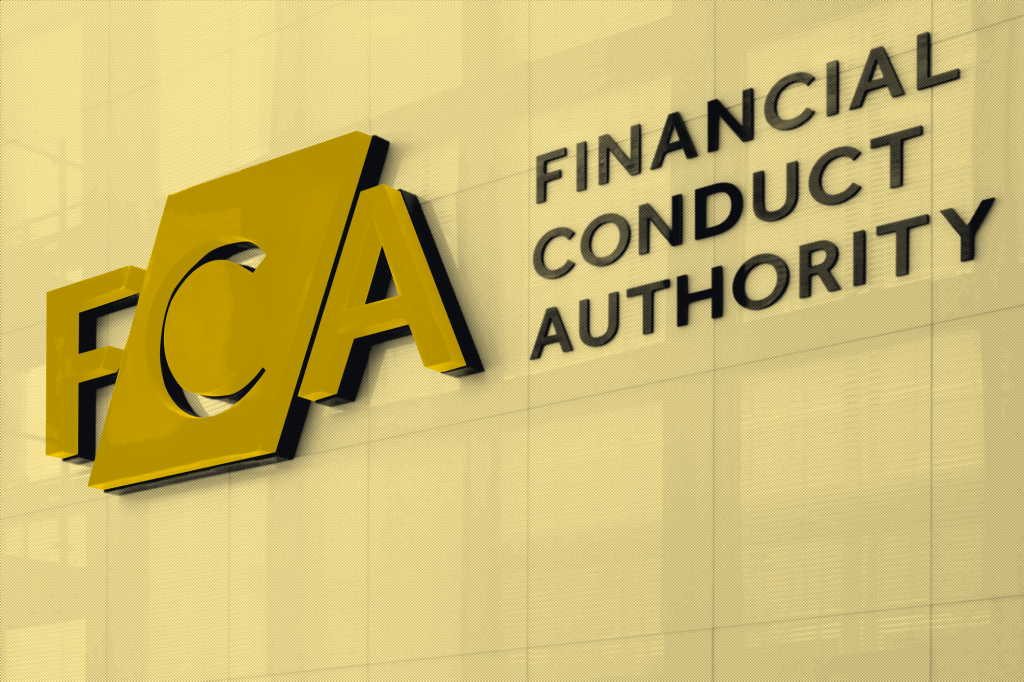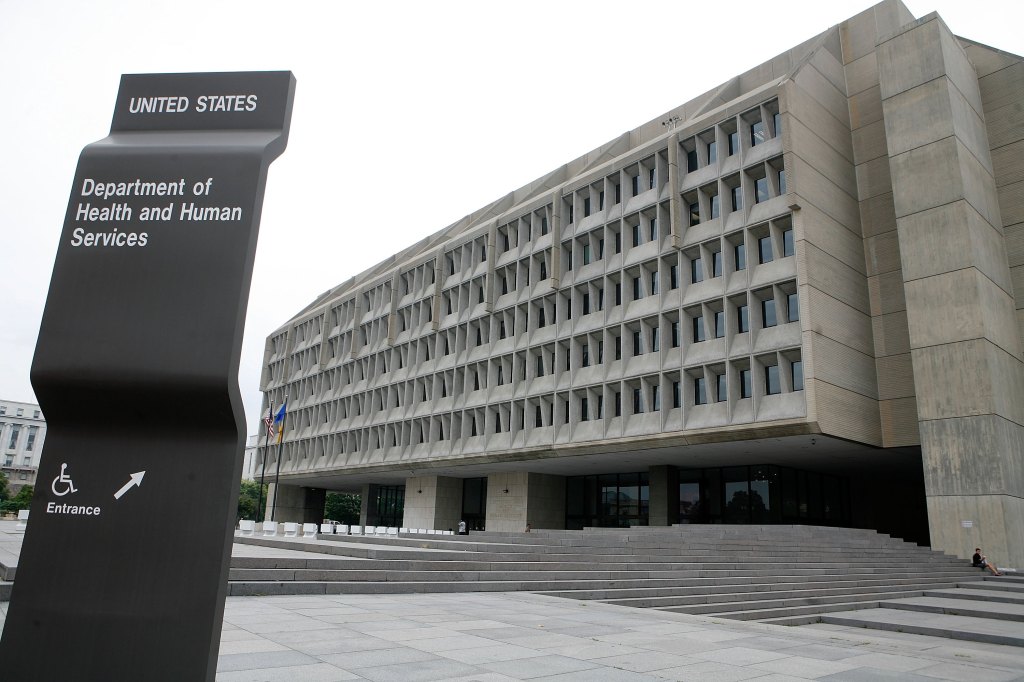Cryptocurrency exchange BitMEX has pleaded guilty to a US criminal charge of violating the Bank Secrecy Act (BSA), according to an announcement from the US Department of Justice (DOJ).
According to newly published court documents, the Seychelles-based crypto exchange willfully failed to set up an adequate know-your-customer (KYC) and anti-money-laundering
Register for free to keep reading.
To continue reading this article and unlock full access to GRIP, register now. You’ll enjoy free access to all content until our subscription service launches in early 2026.
- Unlimited access to industry insights
- Stay on top of key rules and regulatory changes with our Rules Navigator
- Ad-free experience with no distractions
- Regular podcasts from trusted external experts
- Fresh compliance and regulatory content every day

















